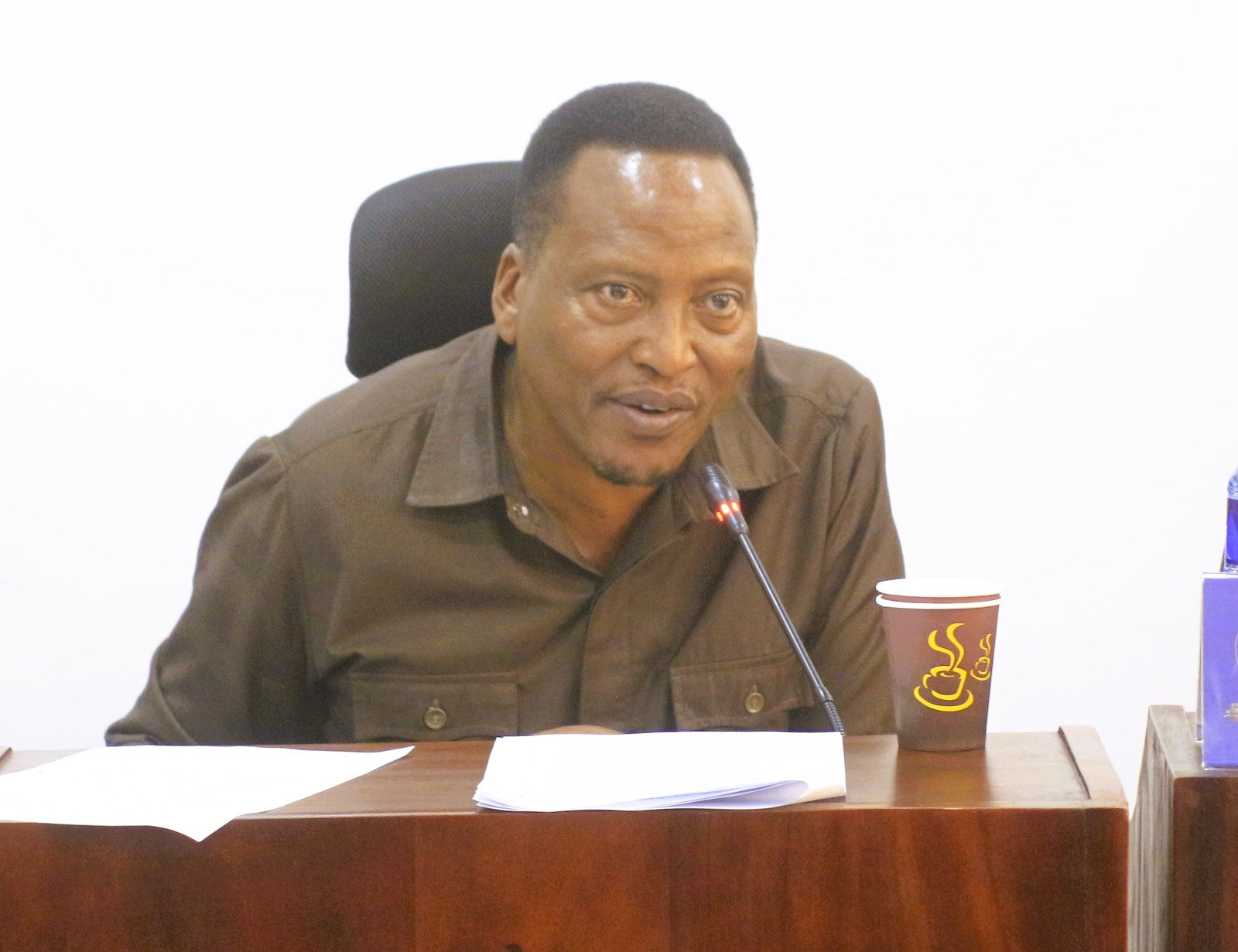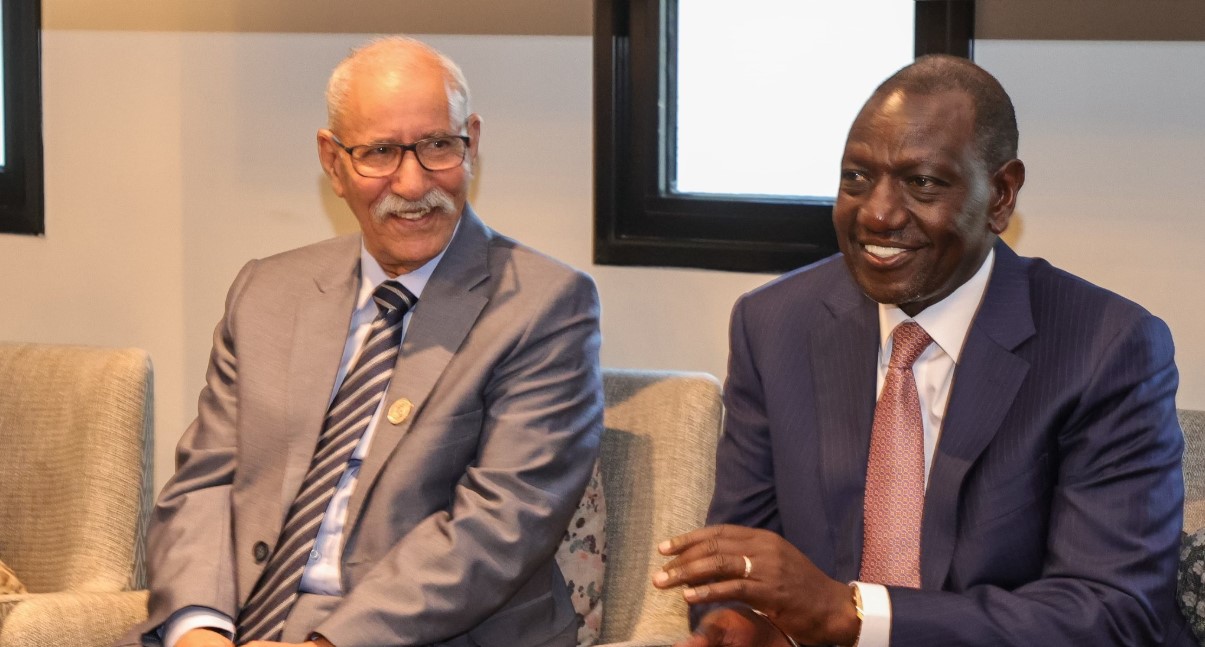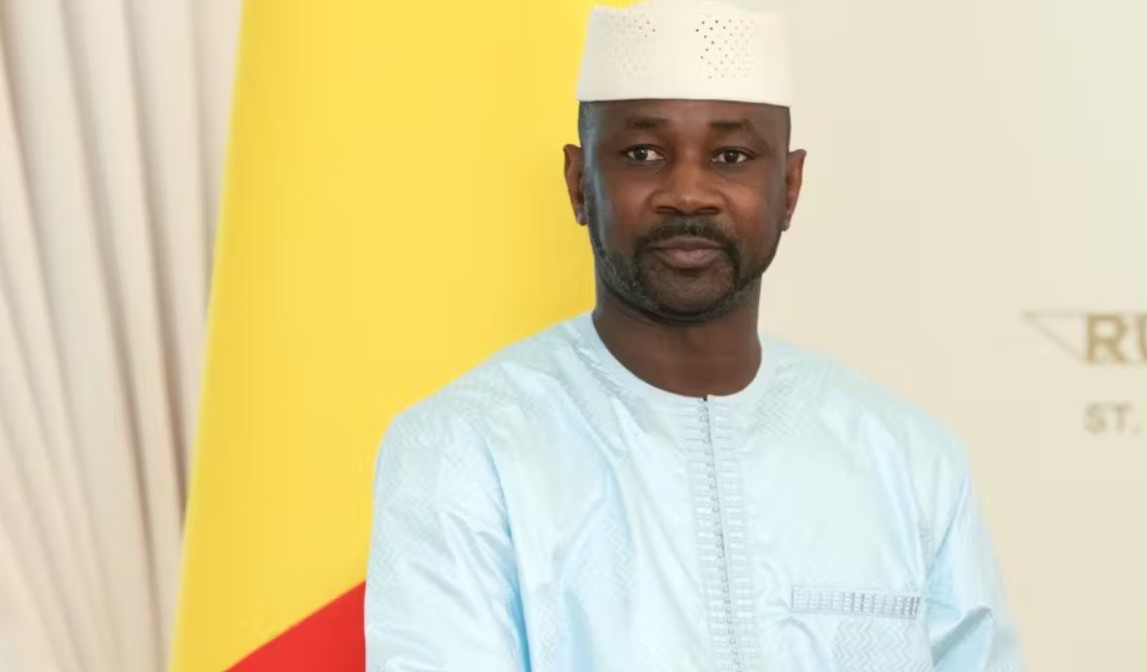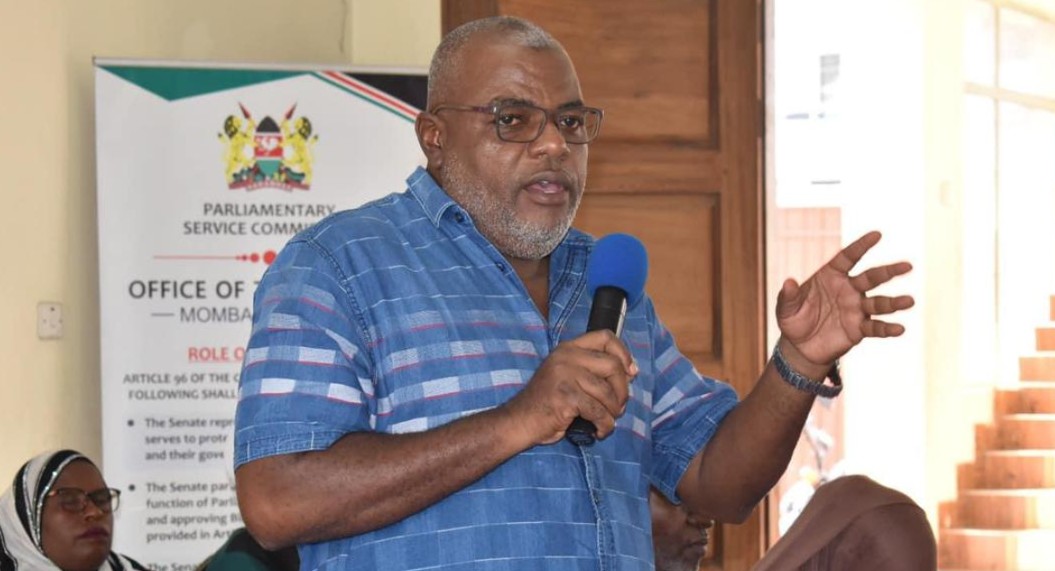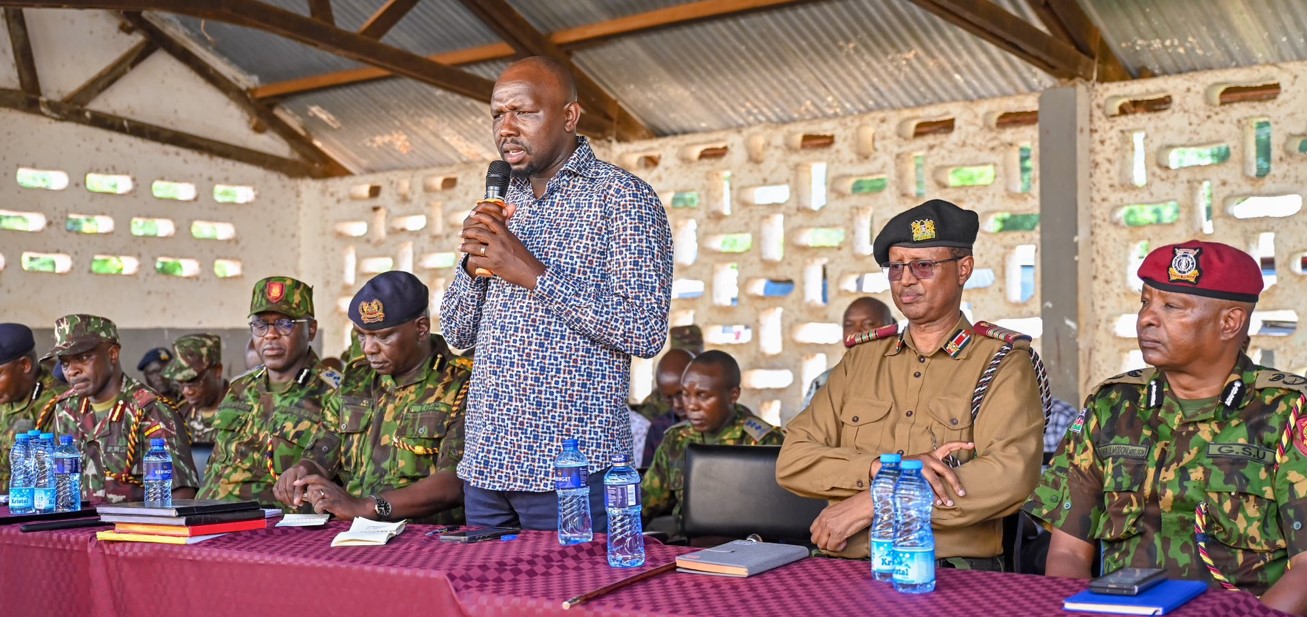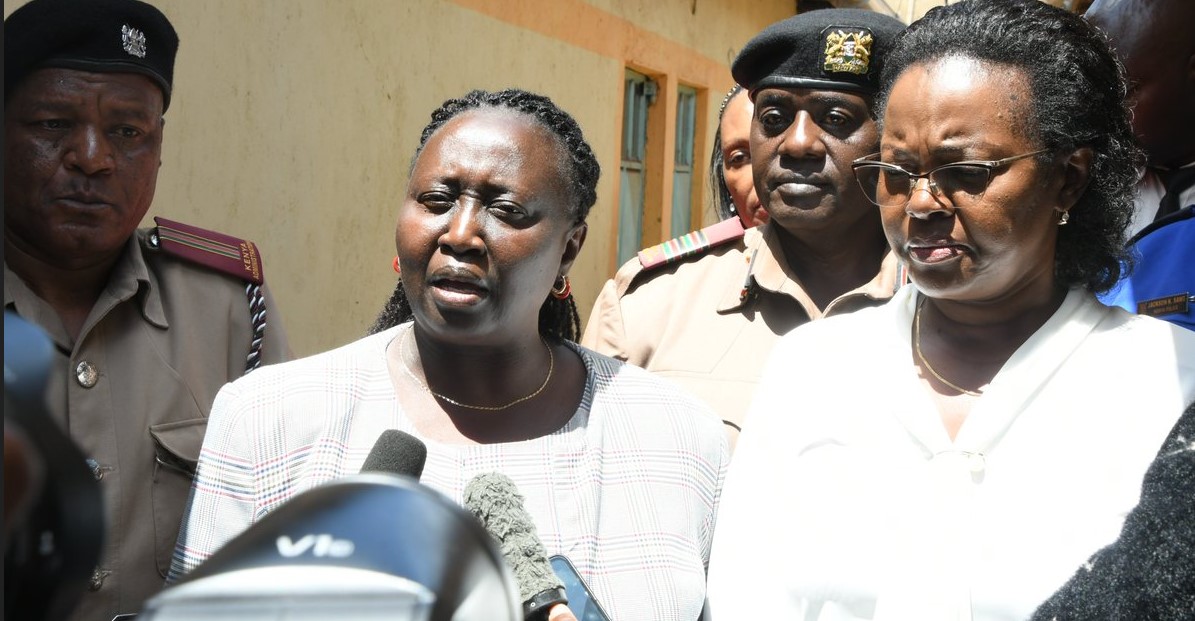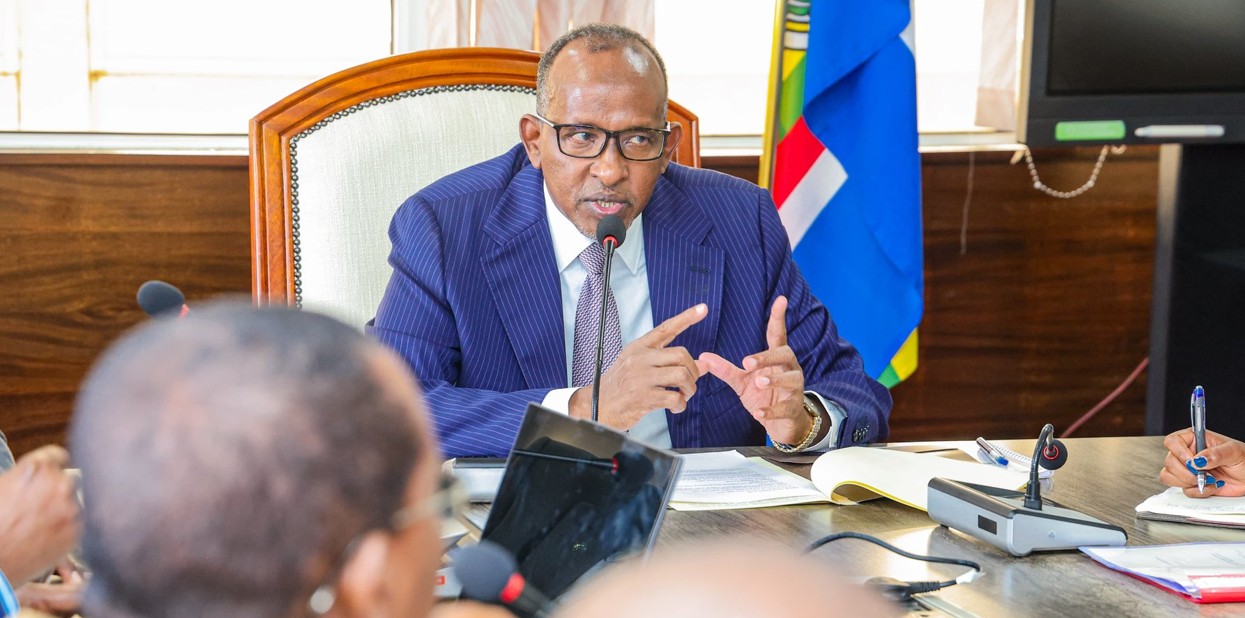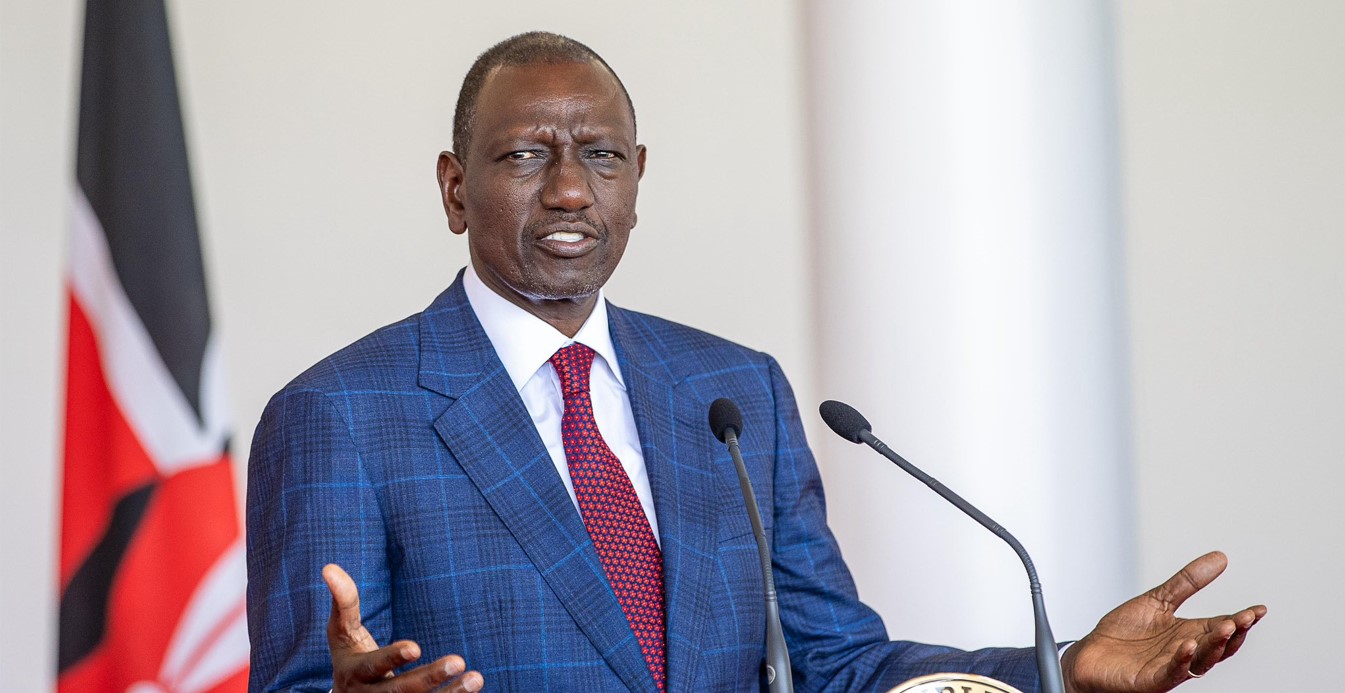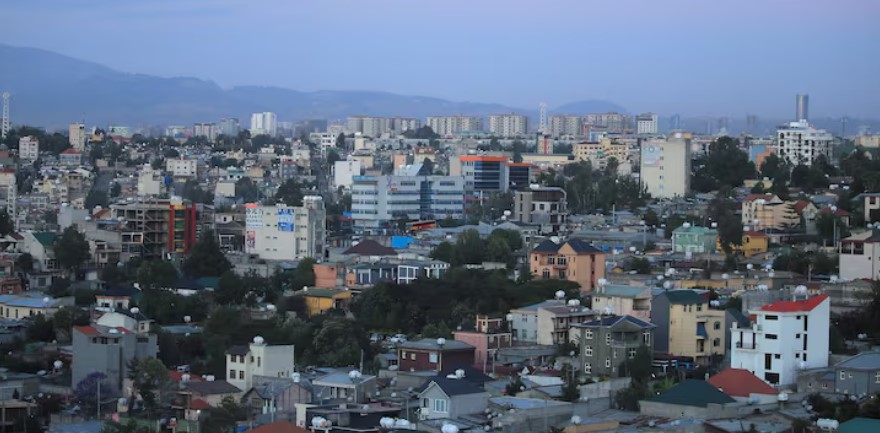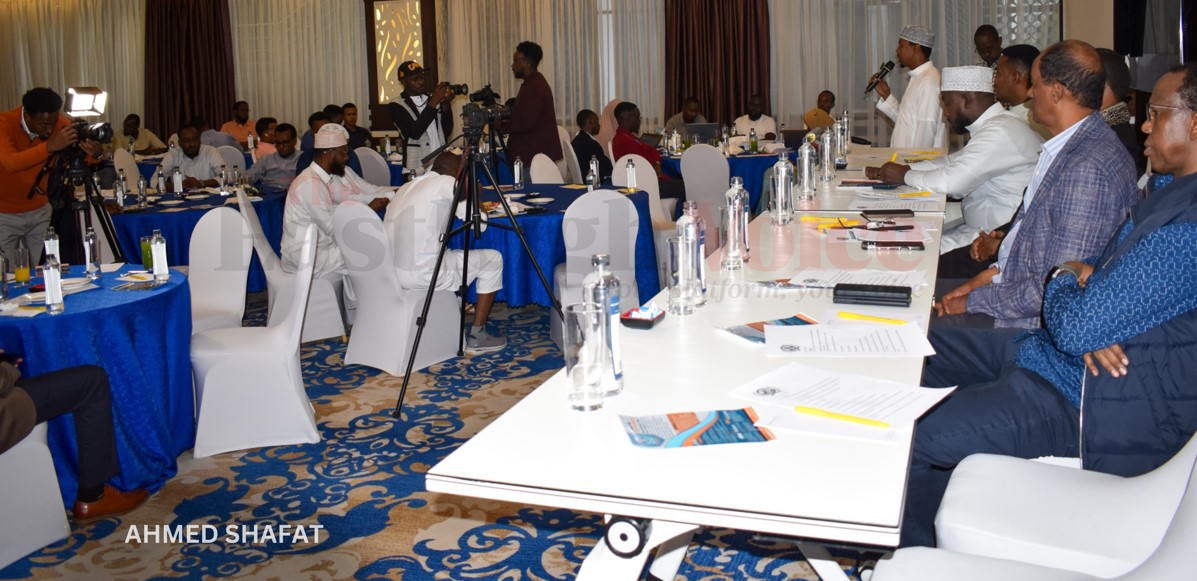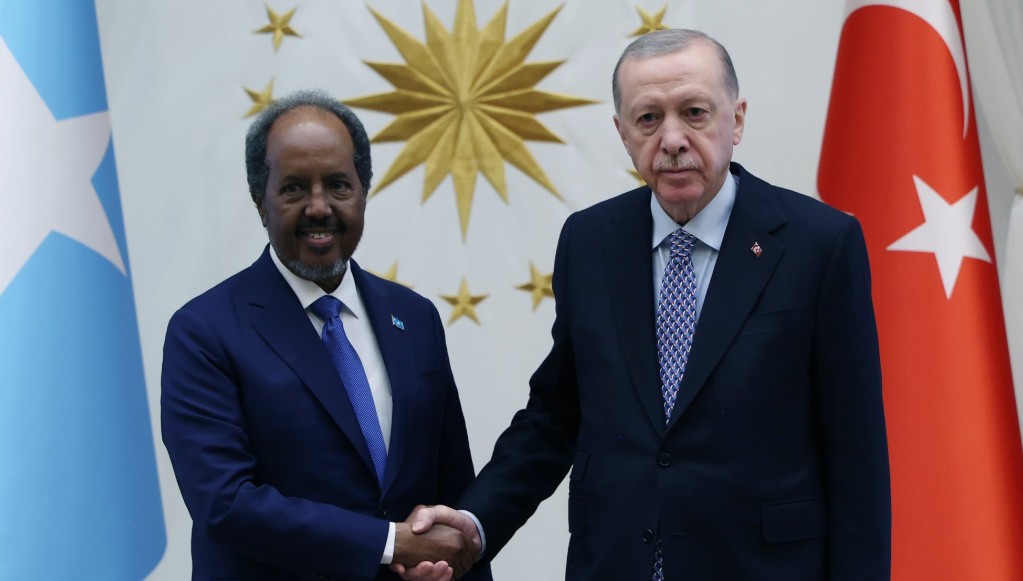WHO urges global action as medicalised FGM puts millions of girls at risk

An estimated four million girls are still at risk each year, underlining the urgent need for global action to end this harmful tradition once and for all.
The World Health Organisation (WHO) has raised an urgent alarm about the growing trend of female genital mutilation (FGM) being performed by health workers, despite the practice being both illegal and harmful.
The WHO is calling for immediate action to prevent the "medicalisation" of FGM, a practice increasingly carried out by healthcare professionals instead of traditional practitioners.
More To Read
- Nominated Senator Orwoba slams govt for betraying women’s charter promises, marginalising their voices
- Garissa marks International Women’s Day with call to end FGM, early marriage
- FGM is a leading cause of death for girls where it’s practised – new study
- Beyond health: Economic toll of FGM in affected countries hit Sh181bn annually
According to the WHO, the medicalisation of FGM is a serious issue.
As of 2020, an estimated 52 million girls and women worldwide had undergone the procedure at the hands of healthcare professionals, making up about 25 per cent of all cases.
“While the health sector plays a key role in stopping FGM and supporting survivors, in several parts of the world, evidence suggests the practice is now increasingly performed by health workers,” WHO said.
The WHO says that FGM, regardless of who performs it, causes severe health risks, and when conducted by health workers, it can lead to even deeper and more damaging cuts.
Severe violation of girls’ rights
WHO’s Director for Sexual and Reproductive Health, Dr Pascale Allotey, emphasised that health workers must not contribute to the practice, stating that the health sector should be at the forefront of preventing FGM, not perpetuating it.
“Female genital mutilation is a severe violation of girls’ rights and critically endangers their health,” said Allotey.
“The health sector has an essential role in preventing FGM – health workers must be agents for change rather than perpetrators of this harmful practice, and must also provide high-quality medical care for those suffering its effects.”
In response to the alarming trend, the WHO issued new guidelines recommending the establishment of professional codes of conduct that explicitly prohibit health workers from performing FGM.
WHO warns that this trend must be curbed to ensure the safety and well-being of millions of women and girls.
The WHO also emphasised the importance of training health professionals in prevention and using sensitive communication strategies when addressing requests for FGM.
In a statement, the organisation highlighted the need for healthcare workers to inform communities about the immediate and long-term risks associated with the practice.
WHO also called for increased community education, particularly targeting men and boys, to help shift attitudes towards FGM and promote girls’ rights. The organisation stressed that effective laws, policies, and community-driven initiatives are essential in the fight to eradicate FGM.
While progress has been made in reducing the prevalence of FGM in countries like Burkina Faso, Sierra Leone, and Ethiopia, the WHO warns that the practice remains widespread in around 30 countries.
Millions of girls affected
The WHO’s call for stronger regulations comes at a time when, despite progress in reducing FGM rates globally, the practice continues to affect millions of girls every year.
An estimated four million girls are still at risk each year, underlining the urgent need for global action to end this harmful tradition once and for all.
“Evidence shows that, with the right commitment and support, it is possible to end FGM. Countries like Burkina Faso, Sierra Leone and Ethiopia have seen reductions in prevalence among 15-19-year-olds over the past 30 years by as much as 50 per cent, 35 per cent and 30 per cent, respectively, through collective action and political commitment to enforce bans and accelerate prevention.”
Top Stories Today

